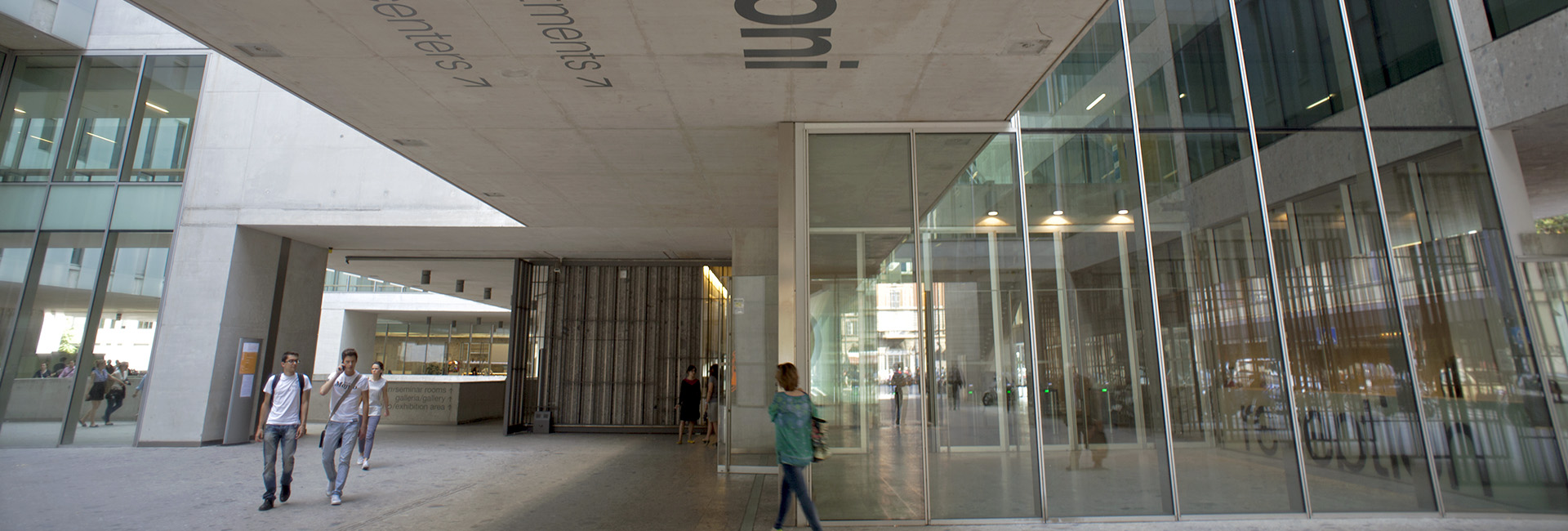20159 - SEMINARI PER LO SVILUPPO DI ABILITA' COMPORTAMENTALI / BEHAVIOURAL SKILLS SEMINARS
Per la lingua del corso verificare le informazioni sulle classi/
For the instruction language of the course see class group/s below
Vai alle classi / Go to class group/s: 25
Classe/i impartita/e in lingua italiana
The evolution of the global context requires the development of managerial skills that are aimed at integrating knowledge between team members and organizational actors in order to develop innovative solutions. The ability to read the context and to integrate different sources of information requires also individuals to communicate effectively complex ideas. These seminars have the aim to favor the development of team members knowledge integration skills and effective communication.
The seminars focuses on the following topics:
- The skills of the future.
- Integrate knowledge through collaboration.
- Public speaking and effective presentation skills.
- Understand individual differences in team-based settings.
- Understand personal teamwork style (strengths and weaknesses).
- Identify the elements of effective presentations.
- Adapt the personal teamwork style to different contexts.
- Synthesize and select contents for developing a compelling presentation.
- Communicate effectively on the basis of the audience’s characteristics.
- Lezioni frontali
- Altre attivita' d'aula interattive (role playing, business game, simulation, online forum, instant polls)
- Self-assessment: students are involved in self-assessments questionnaires aimed at understanding their teamwork style.
- Team-based simulations: students are involved in the design and delivery of a presentation, as well as in the evaluation of other groups’ presentations by relying on an observation grid.
| Accertamento in itinere | Prove parziali | Prova generale | |
|---|---|---|---|
| x |
Because of the active interaction and the continuous feedback (from peers and instructors), attending students are evaluated on the basis of their active and continuous contribution throughout the entire duration of the seminars (es. preparation of the presentation message, presentation design, peer feedback with other students,...)
- Final evaluation: pass/fail.
Not attending students are evaluated through a written exam (multiple choice) entirely based on the readings indicated in the "teaching material" section. The exam is aimed at evaluating students’ ability to recognize the main elements that characterize effective teamwork and influential presentations.
- Final evaluation: pass/fail.
Materials distributed in class (simulations) and instructor’s slides.
The not-attending exam will be entirely based on the following readings:
- Gratton, L., & Erickson, T. J. (2007). Eight ways to build collaborative teams. Harvard Business Review, 85(11), 100.
- Hughes, J., & Weiss, J. (2007). Want collaboration? Accept–and actively manage–conflict. Harvard Business Review.
- Ibarra, H., & Hansen, M. T. (2011). Are you a collaborative leader. Harvard Business Review, 89(7/8), 68-74.
- Abele, J. (2011). Bringing minds together. Harvard Business Review, 89(7-8), 86-93.
- McDermott, R., & Archibald, D. (2010). Harnessing your staff’s informal networks. Harvard Business Review, 88(3), 82-89.
- Hansen, M. T. (2009). When internal collaboration is bad for your company. Harvard Business Review, 87(4), 82-88.
- Pisano, G. P., & Verganti, R. (2008). Which kind of collaboration is right for you. Harvard Business Review, 86(12), 78-86.





